On my study wall there is a picture of the inscription on the back of Antarctic Explorer Ernest Shackelton’s grave stone. It reads, “I hold that a man should strive to the utmost for his life’s set prize.”
Returning from Antarctica after visiting Scott and Shackelton’s huts we encountered a very bad storm and realised what the early explorers went through to achieve that goal.
From my diary: February 25th 1995
We are 23 passengers on a small Russian ship. In the past three weeks we have sailed through the southernmost latitudes of the roaring forties, the furious fifties, the screaming sixties and the shrieking seventies, otherwise known as ‘The second circle of Hell’.
There is an old seaman’s saying, “At Latitude 70 degrees South there is no God.”
My bunk has become my haven; . . . a place for reflection, contemplation and peace. A place where I can turn myself off from the continual pitching and rolling of the ship beneath me and the incessant high pitched shriek of the wind.
There will be no opportunity to wash today. The rule is no longer one hand for yourself and one hand for the ship as when we are standing it is now ‘two hands for the ship` and all dressing and personal tasks must be managed in your bunk.
After breakfast we return to our bunks for the rest of the day. It’s just too dangerous to stay on our feet.
A day of wild motion; the blue curtains around our bunks swishing wildly back and forth on their tracks like crazy pendulums. My jacket swings horizontally in an arc from its hook on the wall.
We lie and listen to the sounds of the afternoon; the creaks and groans of the ship as it labours in the heavy seas. The waves being driven by the west wind as we travel north are hitting us side on. At times a rogue wave that has welled up from a deeper ocean current and is out of sync with the others, hammers into the side of the ship, making a slamming, screeching noise like something jagged being dragged along the steel hull. … Occasionally the sound of vomiting blends with the crash of the waves and the shriek of the wind!
Juhan Smuul wrote of the voyage through the Southern Ocean, while returning from Antarctica with a Russian expedition in 1957. “Waiting; a barren void. Yesterday is left behind. Today, nothing more than the threshold of tomorrow and that tomorrow on which everything hinges is elusive and full of uncertainty.”
I lie here on my bunk waiting for tomorrow, but perhaps tomorrow I will still be lying here feeling the ship cresting the waves and as Shokalskiy drops vertically beneath us experiencing a couple of seconds of being suspended above the mattress, before gravity takes over and it feels as if we are heading straight down to Davey Jones locker, until the whole sequence begins again.
I venture up to the bridge this evening. I have more respect for Shokalskiy now. She can right herself after a 52 degree roll, with the starboard side of the ship nearly going under the water. The crew say that 60 degrees is the point of no return!
I stay on the bridge until late trying to comfort a very frightened Japanese cameraman. He says. “Very frightened, very frightened; there is great danger!” I tell him that I have been in worse seas than this. He looks at me incredulously and says. “Where on earth are you from?” Then, “Ah Austraria! I rike it there. I have filmed at Cairns, very beautifurr!” He is happier now that we are talking about the tropics. I am thinking, `we are very different, you and I, right now I would rather be here.’
The crew link hands to form a chain, to get me off the bridge when I leave.
Four days later.
This evening in calmer waters we are all on the deck on top of the ship, searching for the loom of the land of New Zealand. We think we can smell land; the grasses and pollens and trees and all things that are precious and familiar to us. Ingrid is ringing her mother and she is crying tears of happiness. Collis is bowing, arms outstretched saying ‘thank you’ for our safe return. The Chinese film crew, who kept to themselves for most of the voyage, are now with us. We are all smiling and laughing. Tomorrow morning we will wake up beside the wharf at the port of Bluff.
Bev Morton
September 2022

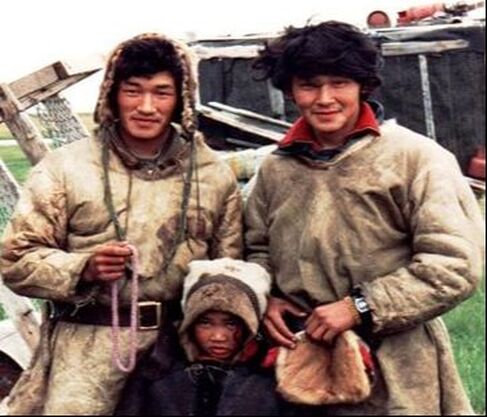
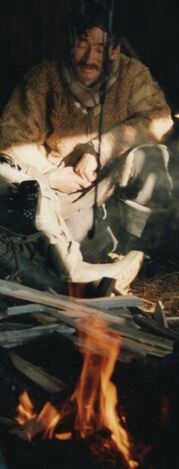
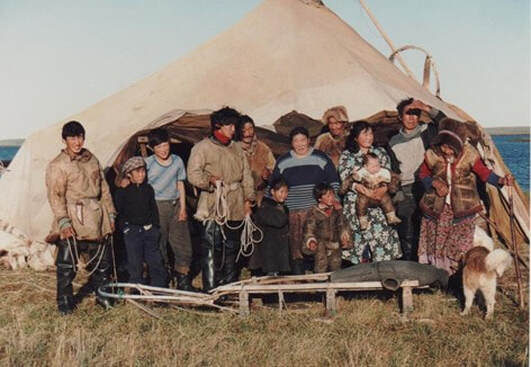
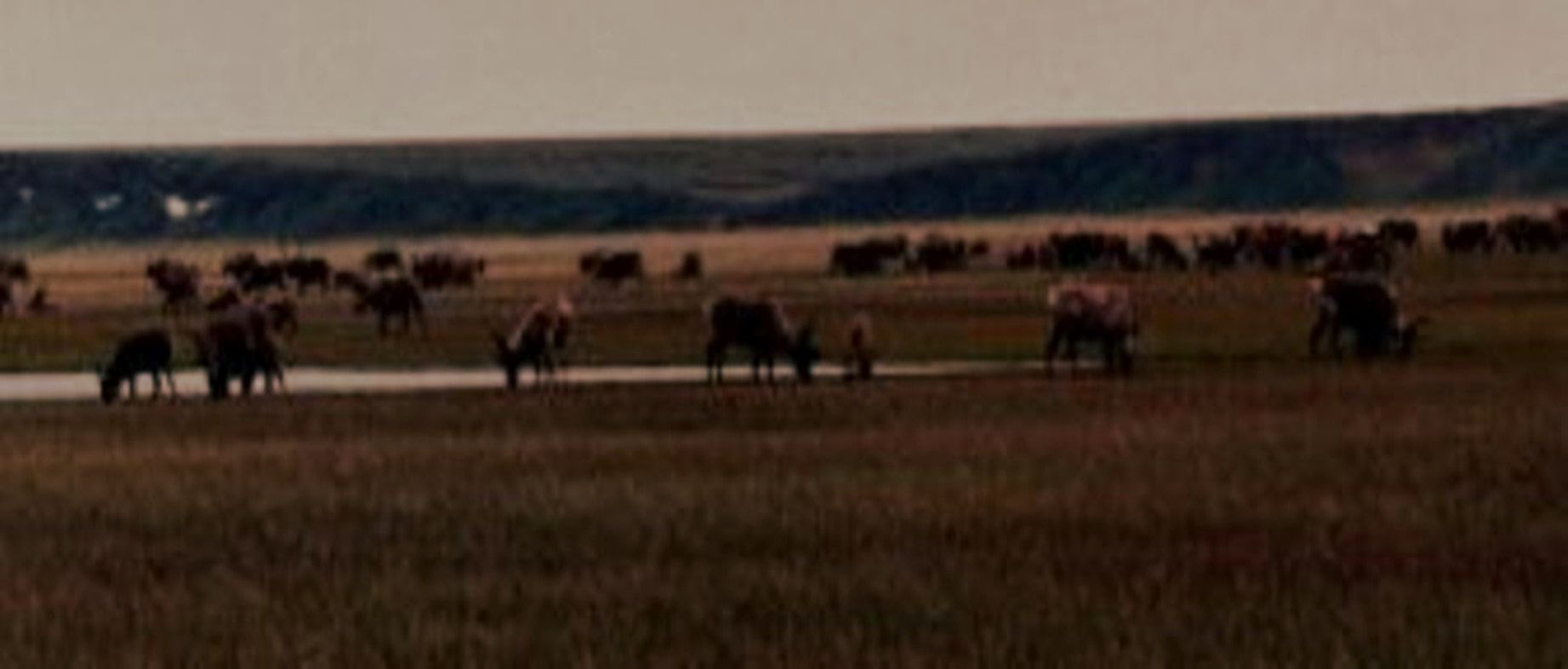
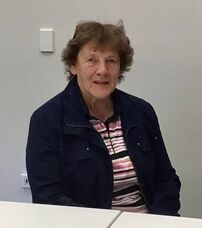
 RSS Feed
RSS Feed
